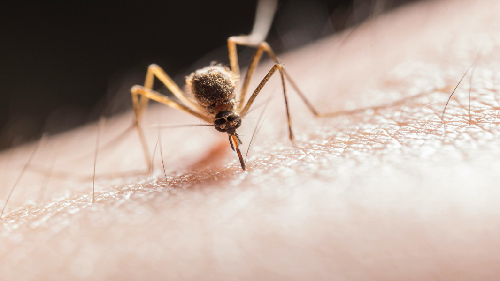When people think of the world’s deadliest animal, they often picture fearsome predators like sharks or lions. However, a recent look into the animal kingdom’s most lethal reveals a far smaller, yet much more insidious, threat: the Anopheles mosquito. This tiny insect, smaller than a paperclip, holds the official Guinness World Records title for the deadliest animal to humans, responsible for an estimated 725,000 to one million deaths every year.
The record, officially certified in 2017, shines a stark light on a public health crisis that continues to disproportionately affect the world’s poorest and most vulnerable populations. The Anopheles genus is notorious for being the primary vector for malaria, a disease caused by parasites that multiply in the mosquito’s body before being transmitted to humans.
These mosquitoes, with their preference for warm, humid climates and stagnant water, are found globally, but thrive in tropical, subtropical, and temperate regions. The World Health Organization (WHO) reports that malaria alone accounts for the majority of deaths caused by the mosquito, with a child dying from the disease almost every minute in some parts of the world.
“The Anopheles mosquito is a public health menace,” says Dr. Helen Adams, a leading entomologist at the WHO. “Its ability to transmit not only malaria but other devastating diseases like Lymphatic Filariasis means our fight against it is one of the most important battles in global health.”
The process of transmission is chillingly efficient. After an adult female mosquito feeds on the blood of an infected person—a necessity for developing her eggs—the parasites she ingests multiply within her. When she bites a new host, she injects the parasite-contaminated saliva directly into their bloodstream, continuing the cycle of infection.
While global health organizations continue to roll out aggressive prevention campaigns—from distributing insecticide-treated bed nets to developing new vaccines—the Anopheles mosquito remains a persistent and deadly threat. Its record is a sobering reminder that in the wild, the most lethal danger often comes in the smallest package.







